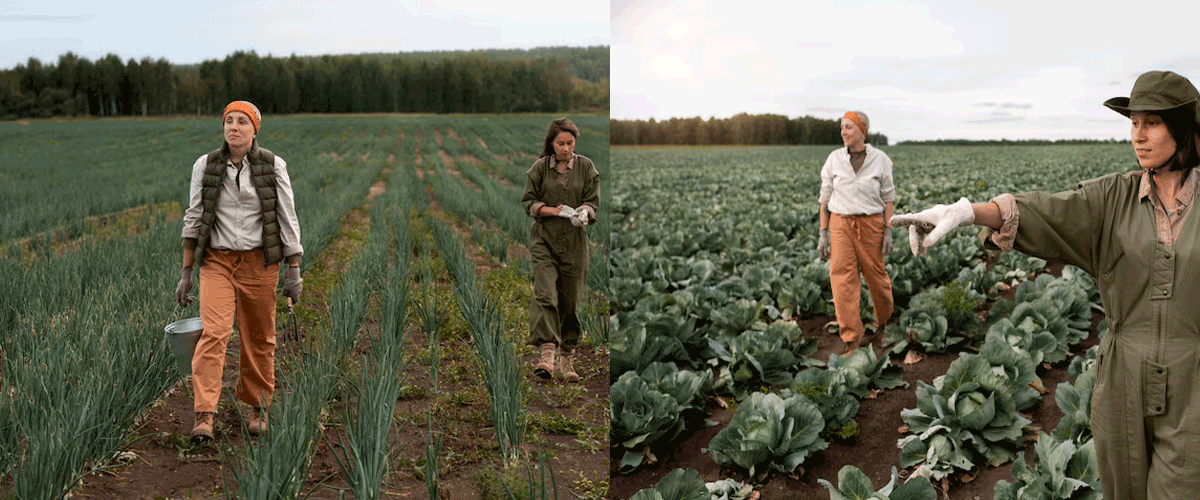(An Autonomous Body Recognized by Ministry of Commerce & Industry, Government of India)
Competency based placement focussed Education | Training | Research | Consultancy

Vermont’s Neonicotinoid Ban Poses Challenges for Farmers
Vermont has begun enforcing a 2024 law restricting neonicotinoid pesticides to protect pollinators and reduce environmental harm. Effective July 1, most outdoor uses are banned, with neonic-treated seeds set to be prohibited by 2029. Farmers, who previously applied neonics sparingly after bloom to safeguard bees, must now comply with rules factoring in surrounding plant bloom times.
While environmental advocates welcome the measure, many farmers and arborists fear crop losses due to limited alternatives. Neonicotinoids, long used in U.S. agriculture, are linked to sharp declines in pollinators, as these systemic chemicals spread through plants into pollen and nectar, harming insects far from the application site. The loss of pollinators threatens crop yields and wild plant reproduction. Vermont’s move mirrors global efforts to phase out neonics, but the shift away from chemical pest control will require careful adaptation in farming practices and could reshape crop choices in the years ahead.
08-08-2025
📰 Recent News
- Warming Seas and Human Pressures Threaten California’s Sea Otters
- Global Seafood Trade Spreads ‘Forever Chemicals’ Beyond Pollution Hotspots
- Former Officials Warn of Unprecedented Rollback at US Environmental Agency
- US Policy Shift Intensifies Bayer’s Roundup Legal Battle
- European Parliament requests EFSA review on microplastics in food, water, and air
- Study Links PFAS-Contaminated Water to Severe Infant Health Risks
- Washington Program Targets Safe Disposal of PFAS Firefighting Foam
- EU Pesticide Review Proposal Sparks Backlash from Environmental Groups
- Nature Sustainability Showcases Safer Bisphenol Design Approach
- Chemical Pollution Linked to Rising Men’s Health Risks in Europe, Report Warns
